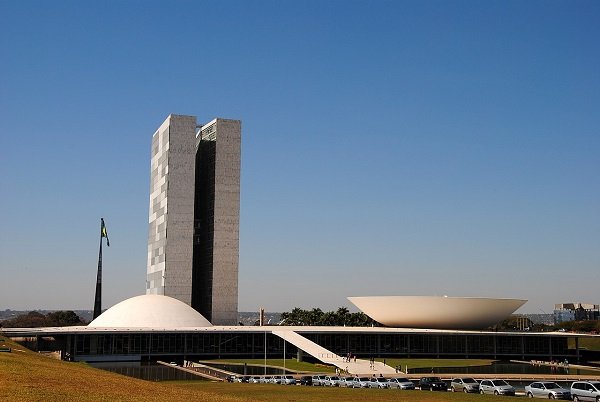This Content Is Only For Subscribers
To unlock this content, subscribe to INTERLIRA Reports.
Recent happenings in the National Congress shook the arrangement of alliances that the government has been trying to build since the beginning of the year. The first is Tourism Minister Daniela Carneiro request to leave her party, Brazil Union (União Brasil). The second is the new party bloc formed by Federal Chamber President Arthur Lira.
Leaving Brazil Union
Minister Carneiro and five other federal deputies from the party’s Rio de Janeiro bench asked the Superior Electoral Court (TSE) to leave Brazil Union without losing their mandates in the Chamber. The minister, who is a licensed deputy, and the other congressmen say they are being harassed by the party leader, Deputy Luciano Bivar.
Unlike what happens with other political positions, federal deputies cannot freely change their party. Change without punishment is only allowed under certain circumstances, like serious personal discrimination.
By accepting Carneiro as minister, Lula sought to broaden his support in the Congress. However, now that she is leaving the party that the President wanted to obtain support from, this alliance can be impacted if she remains in office.
The support of União Brasil is important for the government because the party has the third largest bench in the Deputies Chamber, with 59 members. In the Senate, União also has one of the largest benches: the fourth, with 9 members. It loses only to PSD (16 senators), PL (12) and MDB (10).
Lira’s Bloc
Federal Chamber President Arthur Lira (PP) formed under his influence the largest party bloc in the Congress. The movement was a reaction to maneuvers carried out by the Federal Executive to undermine Lira’s power in the long term. The government would be attempting to divide the Centrão – an important political group – by disarticulating alliances under their leader, Lira. His response was the creation of a bloc that brings together PP, Brazil Union, PSB, PDT, PSDB-Citzenship, Solidarity, Patriot and Avante. The fact that he managed to obtain the adhesion of two leftist parties, PSB and PDT, was important. The bloc will have 173 deputies.
Two weeks ago, in a setback for Lira, the government managed to separate the Centrão – formed by PP, PL and Republicans – and create a group with MDB, PSD and Republicans, which has 142 congressmen. The new group established by the Chamber President surpassed the government majority bloc recently formed.
Our Analysis:
The internal crisis in Brazil Union and Lira’s response may hinder President Luiz Inácio Lula da Silva (PT) in his attempt to approve projects of interest to the government in the National Congress. It also reinforces the idea that the government will have to negotiate with the Centrão to obtain votes in the Congress. This tends to weaken the government. In the past, this has led to political scandals, since it almost always is connected to corruption cases that can affect the President and his entourage.




